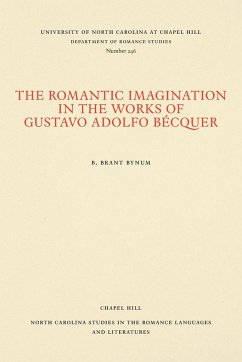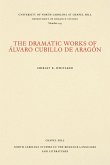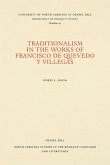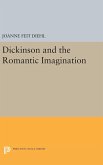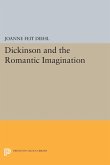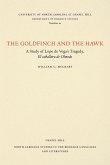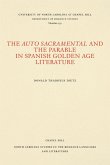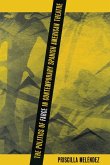In this study, Brant Bynum reads the work of Gustavo Adolfo Becquer (1836-70), one of the nineteenth century's finest romantic poets, in terms of a European Romanticism--one characterized by an emphasis on spirituality, subjectivity in thought and feeling, and the salience of the creative imagination. Bynum examines Becquer's conception of spirit and poetry, and relates the creative force of imagination to Becquer's total literary output. He argues that it is this imaginative force, supported by the framework of an international Romanticism, that grants the poet's work to unite, transform, and mediate. Combining interpretive criticism and textual analysis, Bynum substantiates the central importance of imagination in Becquer's oeuvre, and the significance of the concepts of mediation and threshold. By considering Becquer within a critical context broader than is usual, Bynum establishes additional points of reference in the theoretical foundation on which Becquer's works rest, offering new insights into the work of this master of the poetic art.
Hinweis: Dieser Artikel kann nur an eine deutsche Lieferadresse ausgeliefert werden.
Hinweis: Dieser Artikel kann nur an eine deutsche Lieferadresse ausgeliefert werden.

